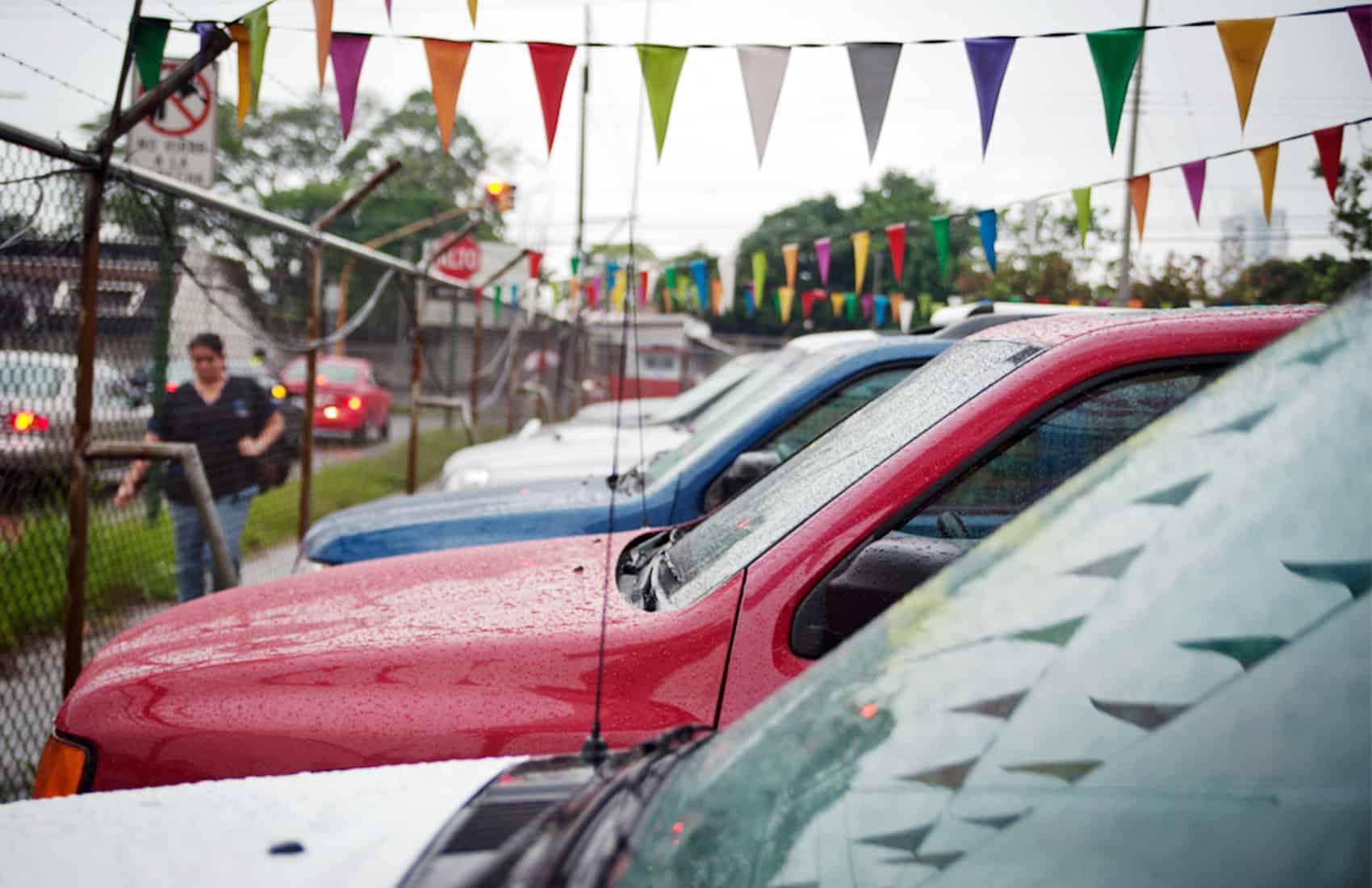Consumer confidence in Costa Rica’s economic outlook showed slight improvement over the past quarter but remains low, researchers from the University of Costa Rica (UCR)’s School of Statistics have found.
The conclusion is part of the results of the Consumer Confidence Index (ICC) survey, that the UCR released Wednesday.
The ICC is currently at 39.1 points, on a scale of 1 to 100. According to UCR researcher Johnny Madrigal, that figure indicates consumers are pessimistic and uncertain regarding the future of the country’s economy.
“Pessimism, however, is not as severe as in past evaluations,” he said. The current ICC is 1.5 points higher than in the previous quarter, and 3.1 points higher than that recorded in August 2016.
Negative forecast
The report states that a majority of consumers surveyed expect increases in interest rates of bank loans, in the exchange rate of dollar and in fuel prices.
In addition, people’s expectations of getting a wage hike this year fell 9 points from the previous quarter, from 35.7 to 26.5 percent.
Consumer’s pessimism also reflects in people’s responses to other questions of the UCR survey. Most respondents, for example, gave negative responses to questions about whether they are considering buying long-term assets like a car or a house.
Only two in ten said this is a good time to buy property, and only four in ten said it’s a good time to buy a car. Eight of ten believe that fuel prices will keep going up in coming months.
Madrigal believes that these results are directly linked to the low percentage of people who do not expect any improvement in their income in the short term. The negative trend of results towards the purchase of long-term goods has stayed low since the last ICC survey.
New U.S. policies
Just over half of consumers polled —55.7 percent— said they believe interest rates on bank loans will increase over the next 12 months. More than 70 percent expect the dollar exchange rate to continue to rise over the same period.
Researchers believe these results show some of the first direct influences of the new U.S. administration on local consumers .
Madrigal said that people’s expectations about the exchange rate and interest rates “likely are the result of changes in the U.S. government and its recent economic policies.”
The UCR conducted its survey using a representative sample of 706 households across the country from Feb. 1-15. In most cases, researchers interviewed the family’s main economic provider.
The university calculates its Consumer Confidence Index survey every three months. The Organisation for Economic Co-operation and Development recently certified the study as a national survey as part of Costa Rica’s process of seeking admission to the trade bloc.






